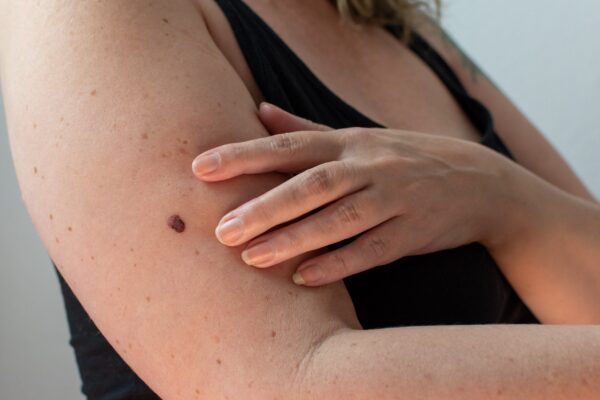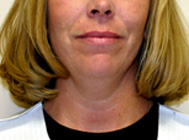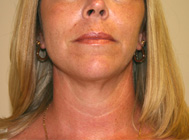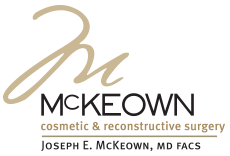Skin cancer is scary and stressful, even if it’s the most common type of cancer with several treatments available. The skin care you practice after a skin cancer diagnosis will be slightly different before and after any treatments, surgical or otherwise. Here’s what you need to know in simple steps.
General Skin Care Principles
First off, the sun is not your skin’s friend after a skin cancer diagnosis. You need to protect yourself more than ever. Dress in long-sleeved shirts, long pants, and wide-brimmed hats when you go outside. UV-blocking sunglasses also work. This might sound like a lot, especially on hot days, but it’s really important to keep your skin safe. If it’s too hot for all these clothes, try to stay inside instead.
When you do have to be outside, don’t forget your sunscreen. Pick one that’s SPF 50 or higher. Apply it generously on your skin, even on cloudy days because the sun’s rays can still reach you.
Now, avoiding the sun means you might not get as much vitamin D from sunlight as before. Vitamin D is important for your health, so you should talk to your doctor about other ways to get enough. This might mean eating more foods that are rich in vitamin D like fatty fish, eggs, or fortified foods. Your doctor might also suggest taking vitamin D supplements.
Regularly Checking on Your Skin
Once you’ve had skin cancer, melanoma or otherwise, it can recur at any time even if you’ve received a diagnosis of “No Evidence of Disease,” or NED. You will need to perform examinations of your skin over your whole body and not just the sites where you had skin cancer previously. Examining the back side of your body is difficult to do by yourself, so it’d be a good idea to have a friend or family member help you with these exams.
Ideally, you should do these exams weekly for the first three to six months after treatment and then monthly thereafter. Dr. McKeown will advise you on how often you should perform these examinations.
Moisturizing
Treatments can leave your skin feeling dry, itchy, or sensitive. A good moisturizer can help with this. Use the kind your medical team suggests, and apply it every day. Some areas, like your back, might be hard to reach. Don’t be shy about asking someone for help with this. Keeping your skin hydrated helps it heal and feel better.
Special Skin Considerations for Radiation Treatment
If your skin cancer has spread to other parts of your body, then you might need radiation treatments. These can be hard on your skin, so there are things you have to do to make the radiation less harmful.
For example, we recommend not to use deodorant or antiperspirant while you’re undergoing radiation. Shaving can also cause problems, so it’s best not to shave the area of skin where you’ve received radiation treatment. If the radiation treatment is on your face, then you won’t be able to wear makeup or anything with fragrance. Also, you should avoid fragrances for any products at all that you use on your skin.
It might feel like a lot of changes, but they can make a big difference in how your skin feels.
We’re Here to Support You
Facing skin cancer is tough, and we understand that. At McKeown Cosmetic & Reconstructive Surgery, Dr. McKeown and the rest of the team are committed to not just treating skin cancer but also helping you care for your skin beyond the final treatment.
Taking care of your skin is a key part of your recovery, and we want to help you every step of the way. Remember, you’re not alone in this. If you or someone you know needs skin cancer treatment in Richmond, please schedule a consultation with us–we’ll be more than happy to help.



